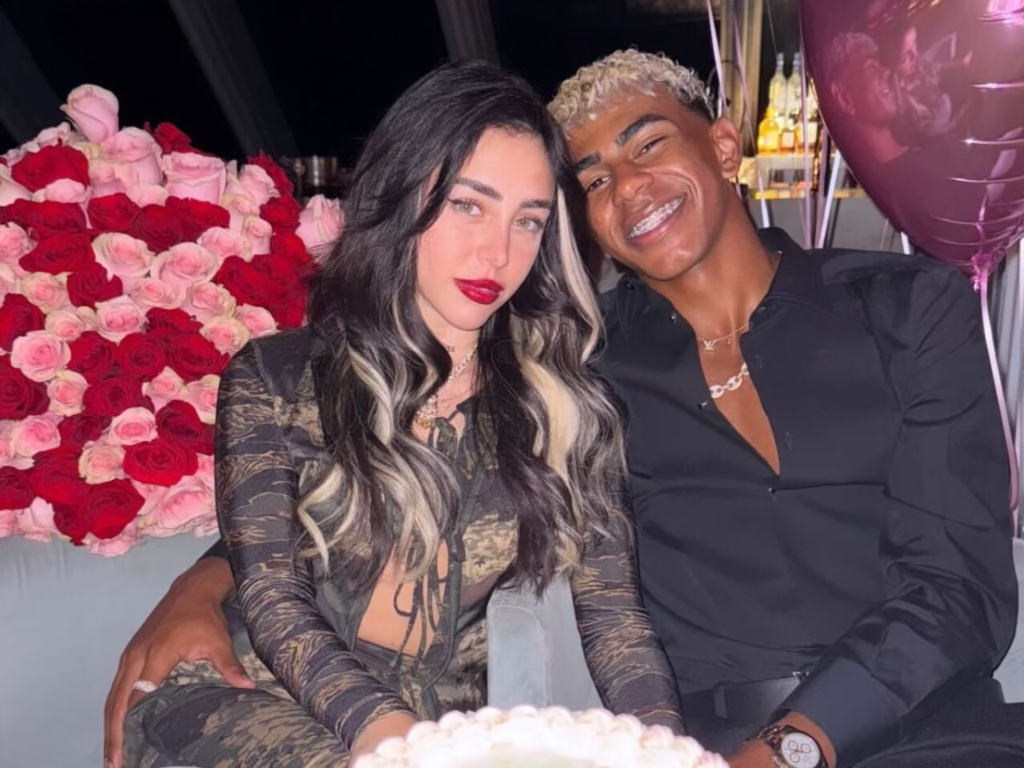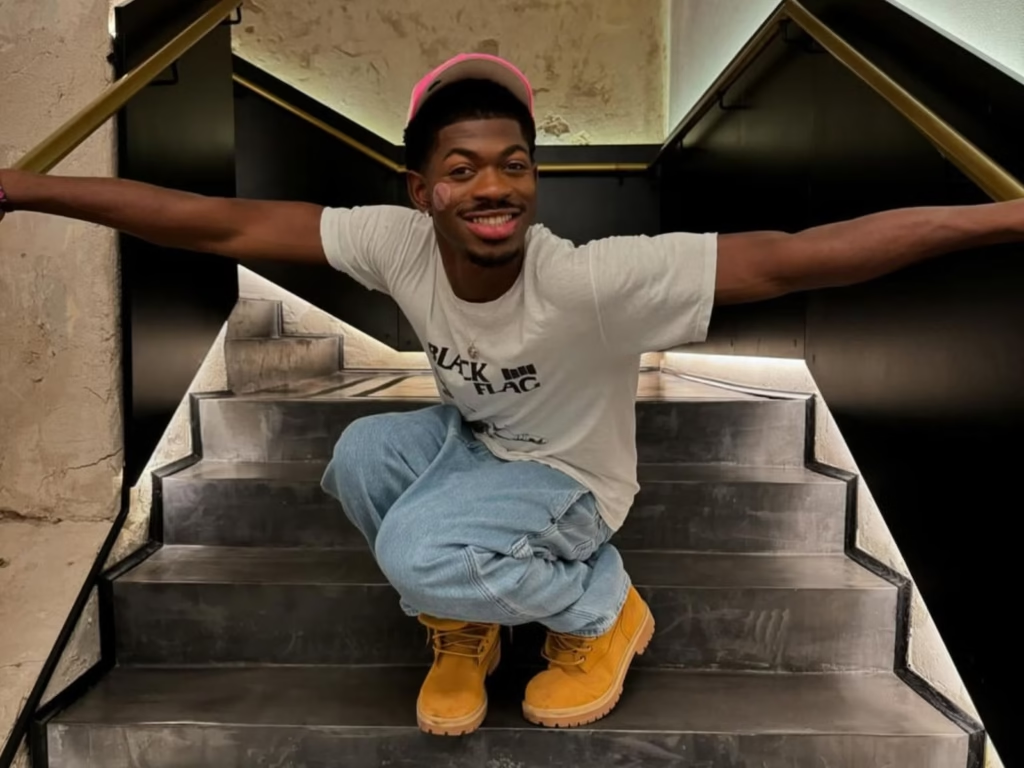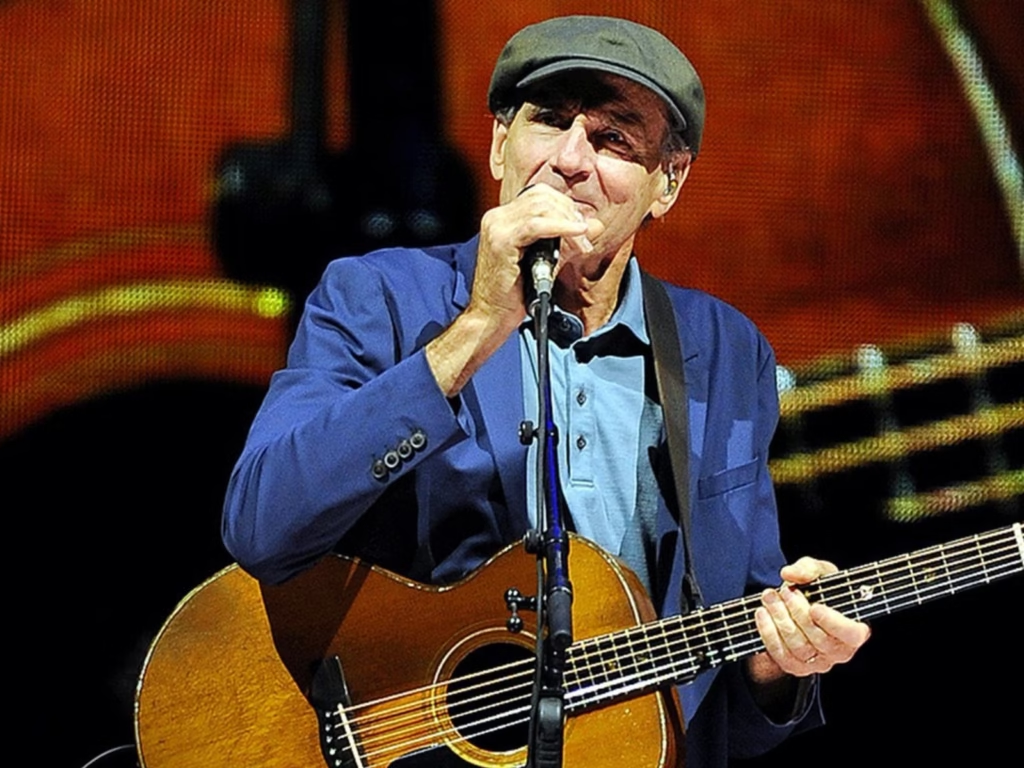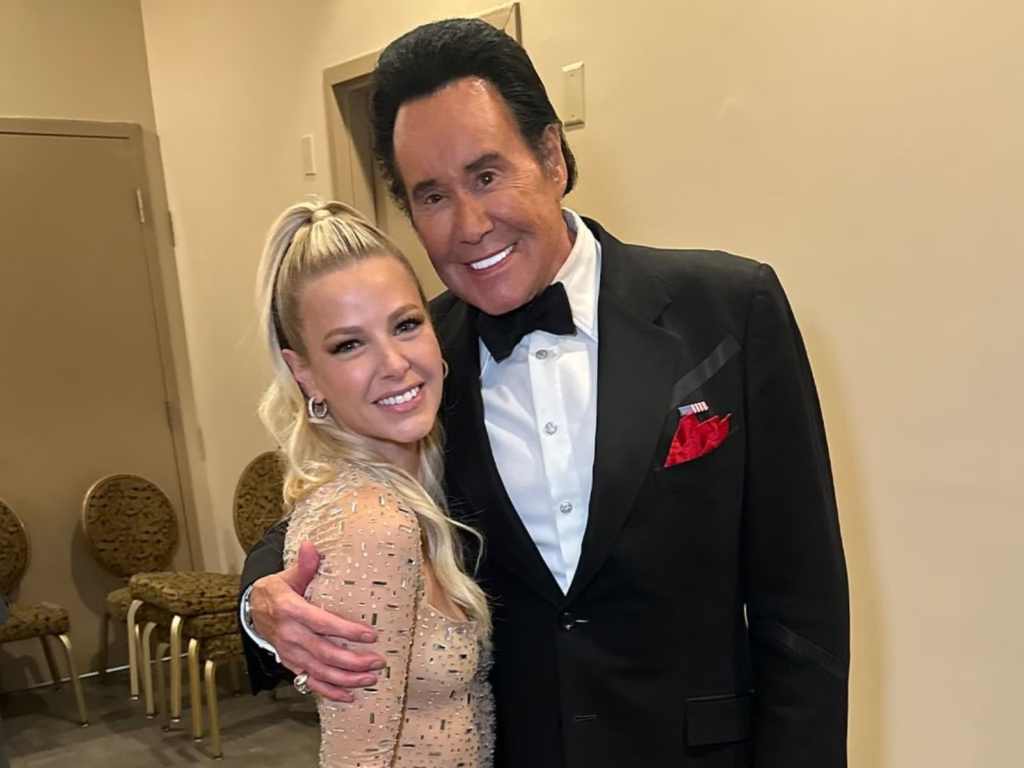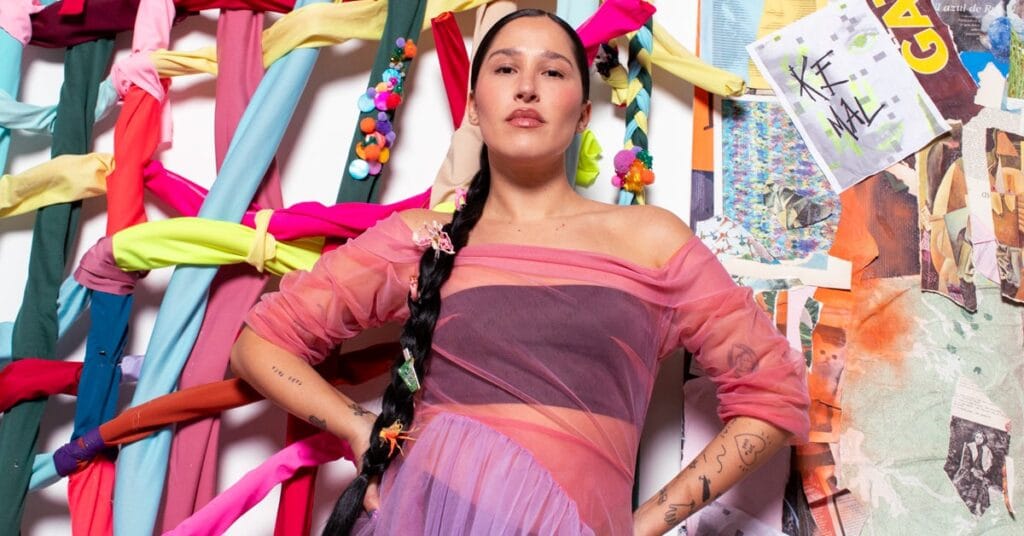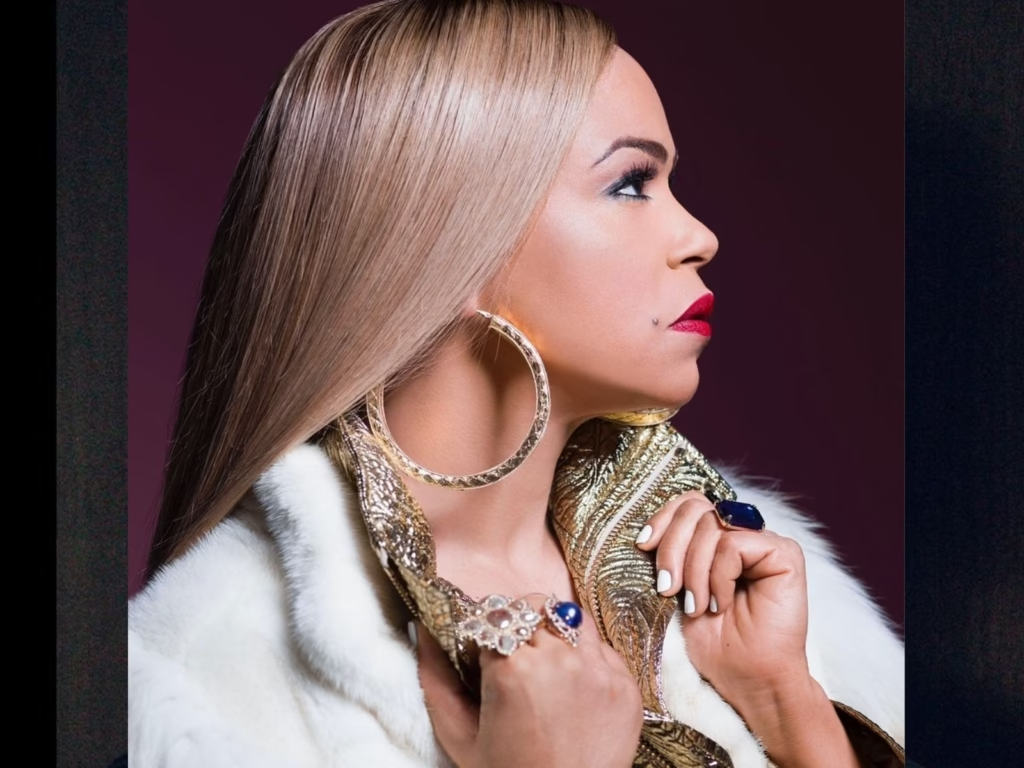
Faith Evans has long been a cornerstone of R&B, her soulful voice weaving through decades of heartbreak, triumph, and resilience. As of 2025, her net worth is a topic of intrigue, with estimates ranging from a modest $3 million to an impressive $27 million, depending on the source. But the real question is: did Faith Evans build her wealth on the back of her most famous songs? From “Soon As I Get Home” to the Grammy-winning “I’ll Be Missing You,” her catalog is a treasure trove of hits that have not only defined her career but also shaped the R&B landscape.
Let’s dive into her journey, sprinkle in some recent buzz—like her appearance at Voletta Wallace’s funeral in March 2025—and see how her music stacks up against other R&B legends.
The Songs That Started It All
Faith Evans burst onto the scene in 1995 with her self-titled debut album, Faith, a platinum-certified gem that introduced the world to her velvety tone. “You Used to Love Me” was an instant classic, its laid-back groove and heartfelt lyrics resonating with anyone who’s ever felt love slip away. Then there’s “Soon As I Get Home,” a sultry ballad that’s still a staple on R&B playlists. These tracks didn’t just chart—they cemented Faith as the “First Lady of Bad Boy,” a title she earned under Sean “Puffy” Combs’ wing.
That early success laid the financial foundation for her career, with album sales and royalties pouring in. Compared to Mary J. Blige, whose My Life dropped around the same time, Faith’s debut leaned more on smooth seduction than raw grit, but both women turned personal pain into profit.
Her net worth—let’s call it $10 million for a balanced estimate—started growing here. Those initial hits weren’t just songs; they were stepping stones to a career that would span over 30 years. Unlike Rihanna, who parlayed early hits like “Pon de Replay” into a billion-dollar empire with Fenty, Faith’s wealth feels more tied to her music itself. Her voice was her currency, and she spent it wisely.
The Biggie Connection and “I’ll Be Missing You”
No discussion of Faith’s most famous songs—or her net worth—is complete without The Notorious B.I.G. Her marriage to Biggie in 1994 wasn’t just a personal milestone; it was a career-defining moment. After his tragic murder in 1997, Faith channeled her grief into “I’ll Be Missing You,” a collaboration with Puffy and 112 that became a global phenomenon. The song hit No. 1 on the Billboard Hot 100, sold millions, and snagged a Grammy for Best Rap Performance by a Duo or Group in 1998. It’s arguably her biggest earner, with royalties still trickling in decades later.
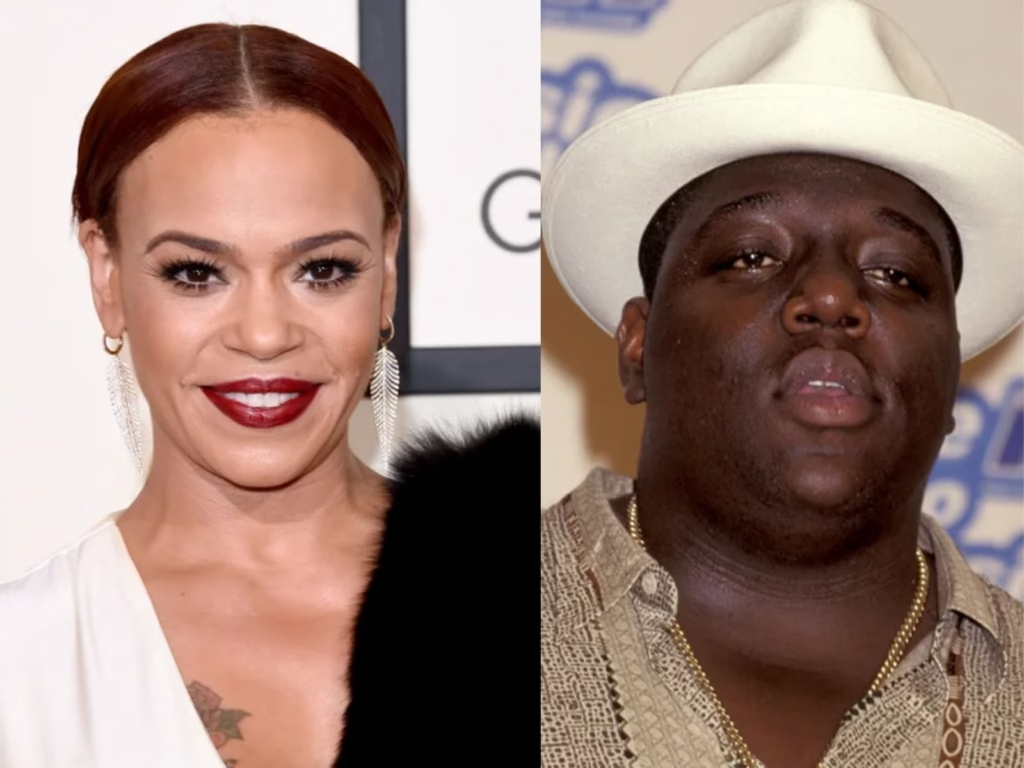
This track alone could have built a chunk of her fortune. Trending news from March 2025—Faith attending Voletta Wallace’s funeral in Brooklyn—reminds us of that enduring connection. She arrived in a cream Gucci tuxedo blazer set, a picture of grace alongside Biggie’s son, C.J. Wallace, as reported by Rolling Stone. The moment wasn’t just a farewell; it was a nod to the legacy that intertwines her music and her money. Compared to someone like Lauryn Hill, whose “Doo Wop (That Thing)” also raked in cash but whose career stalled after one album, Faith kept the hits coming, ensuring her net worth didn’t rest on a single moment.
Keep the Faith and Beyond
Faith’s sophomore album, Keep the Faith (1998), proved she wasn’t a one-hit wonder. “Love Like This,” with its irresistible sample of Chic’s “Chic Cheer,” hit No. 7 on the Hot 100 and went gold. It’s the kind of song that still gets spins at cookouts and clubs, adding to her streaming revenue today. Then there’s “Never Gonna Let You Go,” a slow jam from 1999 that showcased her vocal finesse and kept her relevant into the early 2000s. These tracks, along with Faithfully (2001) and its hit “I Love You,” show a consistency that’s rare in R&B. While Toni Braxton’s “Un-Break My Heart” might have outcharted them, Faith’s steady output built a quieter, but still lucrative, empire.
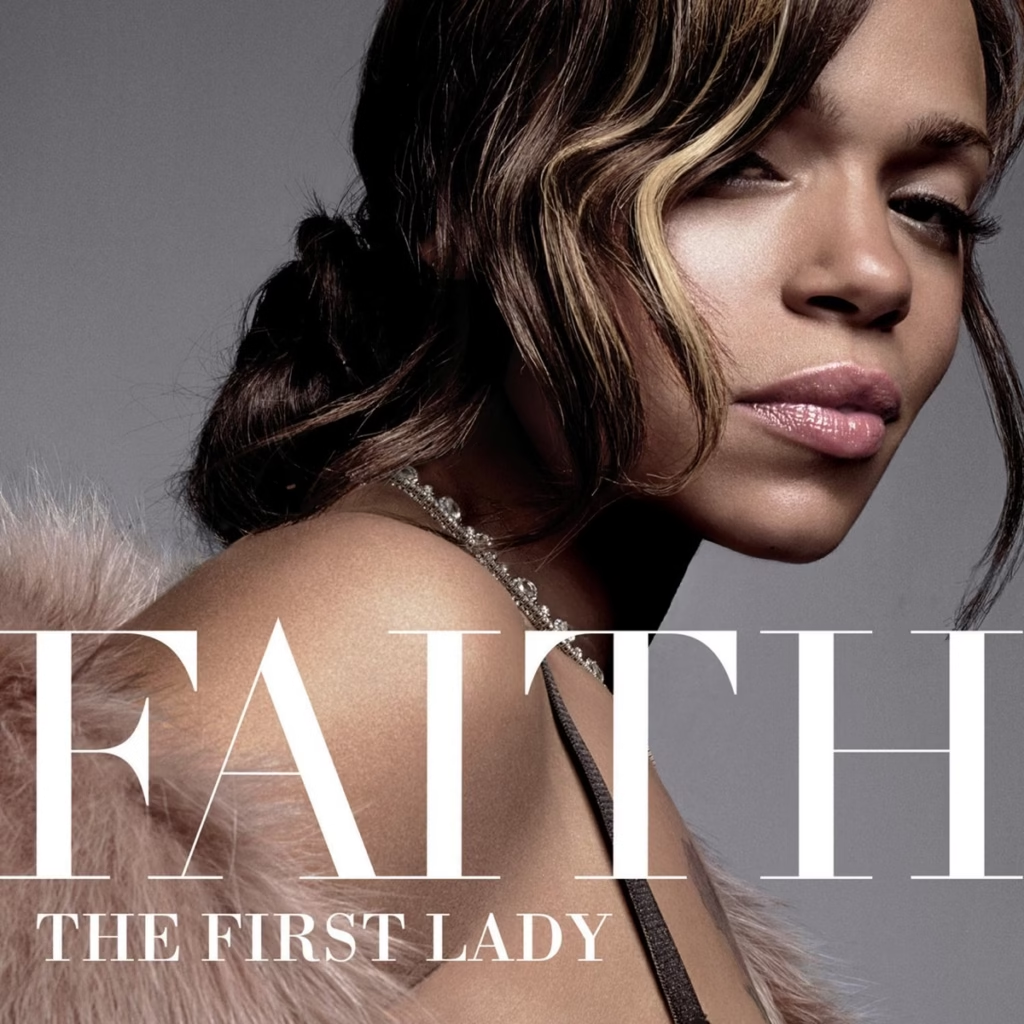
Her net worth reflects this. Album sales, touring, and residuals from these hits likely account for a big slice of that $10 million pie. Unlike Beyoncé, who’s turned Destiny’s Child success into a $500 million juggernaut with ventures like Ivy Park, Faith stayed closer to the music. Her 2005 album The First Lady and 2010’s Something About Faith didn’t match her ‘90s peak, but songs like “Again” kept her in the game. She’s not a billionaire, but she’s comfortable—proof her songs have legs
Recent Buzz and Resilience
Fast forward to 2025, and Faith’s still making waves. Her appearance at Voletta Wallace’s funeral on March 12 wasn’t just a personal moment—it was a reminder of her cultural staying power. The event, attended by Lil’ Kim, Jay-Z’s mom Gloria Carter, and Mase, underscored her roots in hip-hop royalty. It’s the kind of visibility that keeps her relevant, even if her recent musical output has slowed. Trending chatter on X (as of March 24, 2025) praises her elegance and poise, with fans noting how she’s “still that voice” from the ‘90s. That legacy boosts her brand, which in turn supports her net worth.
Compare this to Jazmine Sullivan, whose Heaux Tales revitalized her career in 2021. Jazmine’s net worth hovers around $7 million, built on critical acclaim rather than Faith’s broader commercial hits. Faith’s resilience shines here—she’s weathered Biggie’s death, industry shifts, and personal ups and downs (like her 2018 marriage to Stevie J) without fading. Her songs carry that weight, and they’ve paid off.
Other Ventures and Comparisons
Did Faith’s net worth come solely from her songs? Not entirely. Her 2008 memoir Keeping the Faith hit the New York Times Best Seller list, adding a tidy sum. Acting gigs in films like Turn It Up (2000) and Notorious (2009), plus her stint on R&B Divas: Atlanta, chipped in too. She even launched Prolific Music Group in 2010, though it’s less a cash cow than a passion project. Still, these ventures pale next to her music earnings. Contrast this with Mary J. Blige, whose $20 million net worth leans on acting (Mudbound) and endorsements alongside hits like “Family Affair.” Faith’s wealth feels more song-driven.
Her catalog’s depth helps. “Heartbreak Hotel” with Whitney Houston and Kelly Price, or “Mesmerized” from 2005, aren’t her biggest hits but keep her streaming numbers ticking. Spotify’s CLASSICS list might not rank her top 10, but her influence echoes in artists like SZA ($6 million net worth), who’s cited Faith as an inspiration. Faith’s songs have a timeless vibe that keeps the checks coming.
So, Did Her Songs Build It?
Yes, mostly. Faith Evans’ net worth—let’s settle on $10 million for now—is a testament to her most famous songs. “I’ll Be Missing You” alone could’ve set her up for life, but “Soon As I Get Home,” “Love Like This,” and “You Used to Love Me” built the base. She’s not in Rihanna or Beyoncé’s billionaire league, nor does she match Mary J.’s diversified portfolio. But compared to peers like Monica ($8 million) or Keyshia Cole ($9.5 million), Faith’s wealth holds strong, rooted in a discography that’s both personal and profitable.
Her story’s not just about money—it’s about legacy. That March 2025 funeral moment, standing tall in Gucci, showed she’s still a queen in R&B’s court. Her songs didn’t just build her net worth; they built a bridge from the ‘90s to now, touching hearts and filling bank accounts along the way. Faith Evans proves you don’t need a billion to be rich in soul—and that’s worth more than gold.


